Roots Living Heritage presents a collection of narratives about Malaysia and its son and daughters, who in their own unique way, have achieved much in their lives and contributed in no small way to the nation’s heritage. Their stories are told from the perspective chosen by the writers, thus displaying an array of personal insights which are captivatingly rich and interesting. Of considerable historical value are the episodes and events arising out of the diverse socio-cultural and political life of the nation. These essays reminisce about personal and intimate contacts by a group of Malaysians who are concerned with the need to present the past in a more personal and intimate manner. It opens up the prospect of rerouting the production of historical knowledge and memory-making away from ‘archives’ and ‘libraries’ toward the more personal ‘experience’ of historical witnesses. It explores the manner people outside academia think about history as an analytical tool to develop historical knowledge of their own roots and those of others who may deserve a spot in history.
By doing so, the book draws attention to the need to move away from formularized thinking to only build nation-focused orthodox knowledge. It also disassociates itself, and hopefully others, from cherishing this nation’s gendered and classed historical memory. The individuals who appear in the volume are the inaudible, subconscious voices of Malaysian history. They are hardly visible in traditional records, but have been reverberating in the form of memories and genuine interests of a few other people—the writers of each story. These writers are the historians of their own past as well as the past of those whose experiences they want to position within the narrative of Malaysian history. The book treats these voices as an invaluable new historical source. This is also a collection of voices, which had hitherto been out of the purview of historians and history students, that requires a mor€ inclusive functioning of Malaysian history as one that was experienced and lived, rather than simply read and interpreted. That being so, the chapters in this volume are to be read as more personal accounts and thus less academic in approach.

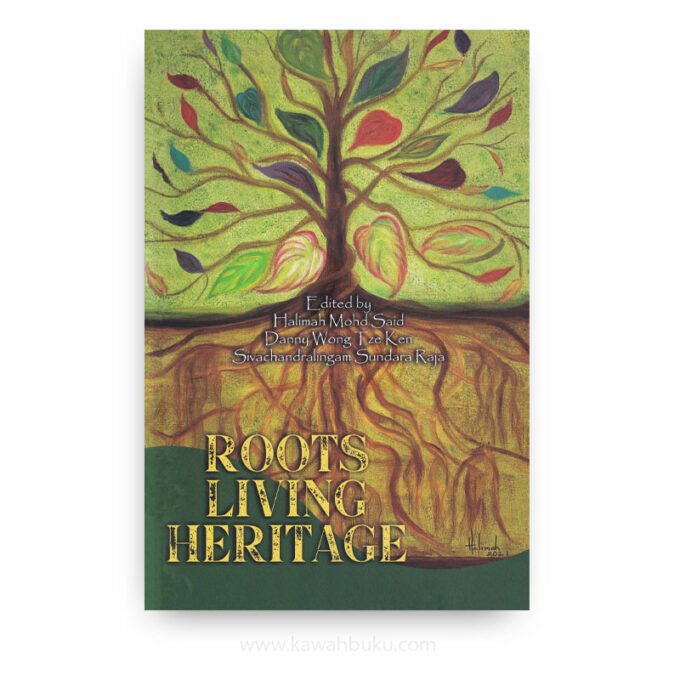
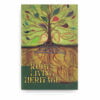
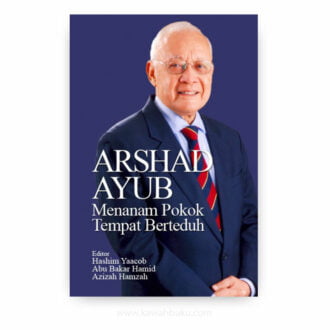
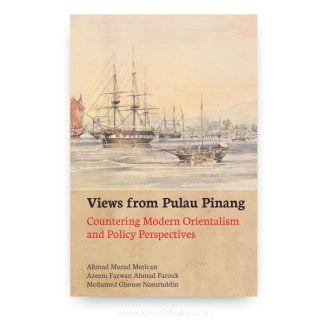
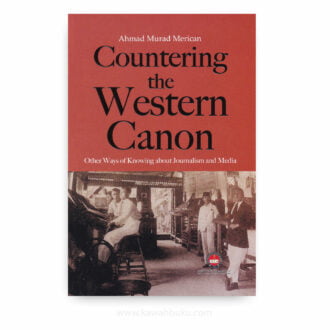
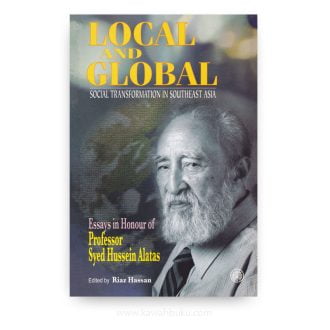
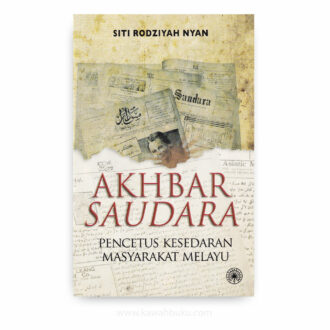
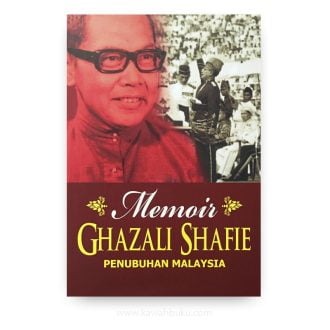
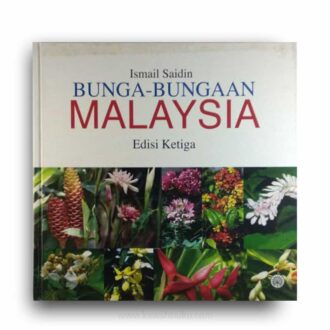

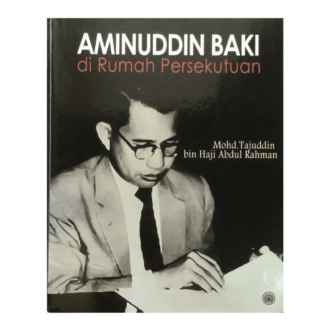
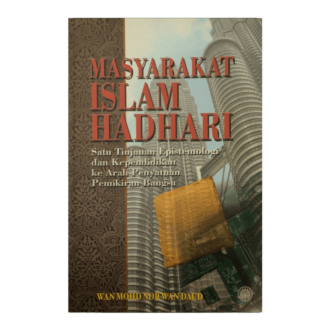
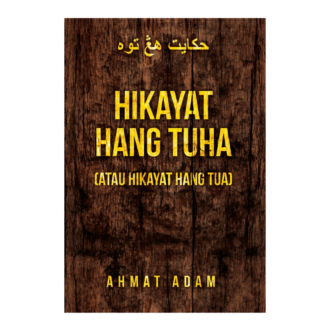

Reviews
There are no reviews yet